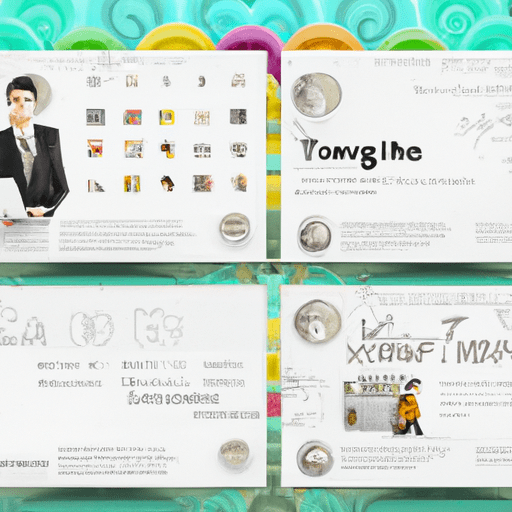Are You Addicted to Coffee? Here Are 7 Signs to Look Out For
Introduction
Coffee. The elixir of life. The fuel that keeps us going. For many of us, it’s the first thing we reach for in the morning and the last thing we consume before calling it a day. But have you ever stopped to wonder if your love for coffee might be a little more than just a casual affair?
While enjoying a cup or two of coffee every day is perfectly normal, it’s essential to keep an eye out for signs that you might be crossing the line into addiction territory. Sure, coffee addiction may not be as detrimental as some other addictions, but it can still have an adverse impact on your health and overall well-being.
The 7 signs of a coffee addiction
1. You can’t function without it
Do you find it difficult to even make it through the morning without a strong cup of coffee? Does the thought of a day without caffeine fill you with dread? If you find yourself depending on coffee to kickstart your day and keep you going, it might indicate a coffee addiction.
While a cup of coffee can provide a temporary boost of energy, relying on it to function properly can be a sign of dependency. It’s always a good idea to take a break from coffee every now and then to see how your body reacts.
2. You consume large amounts of coffee
How many cups of coffee do you drink in a day? If the answer is more than four or five, then it might be time to evaluate your coffee consumption. Drinking excessive amounts of coffee can lead to health problems, including increased heart rate, anxiety, sleep disturbances, and digestive issues.
Try scaling back your coffee intake gradually to see if you experience any withdrawal symptoms. If you find it difficult to cut back, it’s a strong indication that there might be a coffee addiction at play.
3. You experience withdrawal symptoms
Speaking of withdrawal symptoms, if you’ve ever tried to quit coffee cold-turkey and found yourself dealing with headaches, irritability, fatigue, and difficulty concentrating, it’s a telltale sign that your body has become dependent on caffeine.
Coffee withdrawal symptoms can be unpleasant, but they typically subside after a few days. However, if you find these symptoms are disrupting your daily life, it might be time to seek professional help in managing your addiction.
4. You prioritize coffee over other things
Do you find yourself skipping meals or neglecting other responsibilities in order to have a cup of coffee? If your obsession with coffee is causing you to put it above everything else, it’s a clear sign that you might have a problem.
While it’s okay to enjoy your favorite beverage, it’s important to maintain a healthy balance. If you’re struggling to prioritize other aspects of your life due to your love for coffee, seeking support from friends, family, or a professional can be beneficial.
5. You can’t resist the temptation
Have you ever promised yourself that you’ll go a day without coffee, only to find yourself unable to resist the aroma and taste when the opportunity presents itself? Difficulty in turning down coffee even when you want to cut back can indicate a lack of control and addiction.
It’s important to remember that willpower alone might not be enough to overcome an addiction. Seeking guidance from a healthcare professional or support group can assist you in navigating the challenges of breaking free from coffee dependence.
6. You experience negative side effects
While coffee can provide a temporary sense of alertness and focus, it can also come with some undesirable side effects, especially when consumed in excess. These side effects can include heart palpitations, digestive issues, nervousness, and increased anxiety.
If you’re experiencing any negative effects from your coffee consumption, it’s crucial to evaluate whether the benefits outweigh the drawbacks. In some cases, switching to decaf or exploring alternative beverages might be a healthier choice.
7. You feel guilty about your coffee habit
Do you ever find yourself feeling guilty or ashamed about the amount of coffee you consume? If your coffee habit is causing you emotional distress, it’s a sign that it might be more than just a casual indulgence.
Feeling guilty about any behavior is a clear indication that it has an unhealthy hold on you. It’s important to remember that seeking help or support is not a sign of weakness but a step towards regaining control over your habits and well-being.
Closing thoughts
It’s crucial to recognize when your love for coffee has crossed the line into addiction territory. While coffee addiction may not be as severe as other dependencies, it can still have negative repercussions on your health and overall quality of life.
If you resonate with any of the signs mentioned above, it’s essential to take a step back and evaluate your relationship with coffee. Seek support from professionals or loved ones who can help you make healthier choices and regain control over your habits.
Coffee is undoubtedly a delight, but it’s important to enjoy it responsibly and in moderation. Remember, life should be savored, just like a good cup of coffee!

